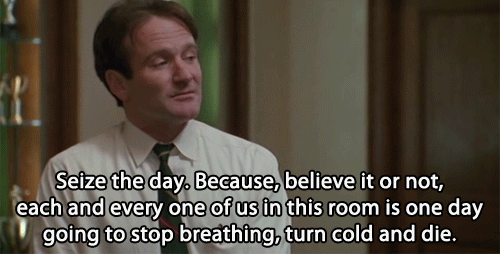On Tuesday, the United States agreed to passage of the UN Arms Trade Treaty:
The 193-nation U.N. General Assembly on Tuesday overwhelmingly approved the first treaty on the global arms trade, which seeks to regulate the $70 billion business in conventional arms and keep weapons out of the hands of human rights abusers.
The official U.N. tally showed 154 votes in favor, 3 against and 23 abstentions, though diplomats and U.N. officials said the actual vote was 155-3-22 due to Angola being recorded as having abstained and not voting yes.
The fact that this passed by such a large margin is no surprise. Only one country on the planet has a Second Amendment. The problem with this treaty isn’t its purpose–no one thinks protecting women and children is a bad idea. The problem lies in its overbroad, vague, and ambiguous treatment of the actual execution of the provisions of the treaty.
US Secretary of State John Kerry on the treaty:
“Nothing in this treaty could ever infringe on the rights of American citizens under our domestic law or the Constitution, including the Second Amendment,” he added, referring to the U.S. constitutional amendment that guarantees the right to bear arms.
This, of course, is the first signal that something is wrong. The Obama Administration already has the Secretary of State trotting around proclaiming that nothing could ever be infringed ever by this vague and ambiguous treaty! Furthermore, Kerry has said that this treaty is “implemental,” which tells me that not only does the Administration believe this treaty is feasible for implementation in the US, but that they’re going to launch a big push to make sure it happens.
Today, Texas Attorney General Greg Abbott sent the President a quick note urging him to not sign the treaty. In the letter (which you should read,) General Abbott points out that the treaty:
– Fails to recognize the fundamental, individual right to keep and bear arms or the right to defend one’s family, person, and property;
– Empowers a new UN bureaucracy focused on firearms restrictions that will be run by international bureaucrats who are not accountable to the people of the United States;
– Employs vague and sweeping language that could be used for any number of future restrictions on Second Amendment rights; and
– Places no defined limits on the UN’s power to interfere with Second Amendment rights.
Sounds great!
The insidious part of this thing isn’t that it purports to regulate all arms and weapons, but that it purports to regulate small arms and light weapons. This is the Second Amendment problem the Obama Administration is already so keen on glossing over. This treaty vests new power in the United Nations, which under this treaty has the power to impose arms restrictions drafted and overseen by international bureaucrats who are not accountable to the American people.
There’s been a lot of buzz on Twitter and on the list servs about enforcement of the treaty’s provisions, and most seem keen to blow the whole thing off as another exercise in international idiocy. It’s true that there’s no compulsory enforcement mechanism, but this doesn’t render the treaty null and void as a matter of law. The treaty is broad, vague, and ambiguous, but under General Abbott’s interpretation (which I trust both as a professional and as a citizen), it could require all of the signatory states to assist the UN in creating some sort of registry. The thing is, if signed and ratified, the treaty has the force of law in the signatory state–so while the treaty itself doesn’t compel the states to do anything, a state who signs and ratifies now has the foundation they need to take action in compliance with the treaty’s requirements.
So really, the whole thing depends on the state. How ours will behave remains to be seen–it’s an evil version of a “Choose Your Own Adventure” book.
Keep an eye on this. Call your senator. As of right now, Barack Obama doesn’t have the 2/3 majority vote he needs to ram this thing through the Senate, and it’s your job to make sure things stay that way.
General Abbott is ready to lead the charge against the UN Arms Trade Treaty. Let’s make sure he doesn’t have to.



















